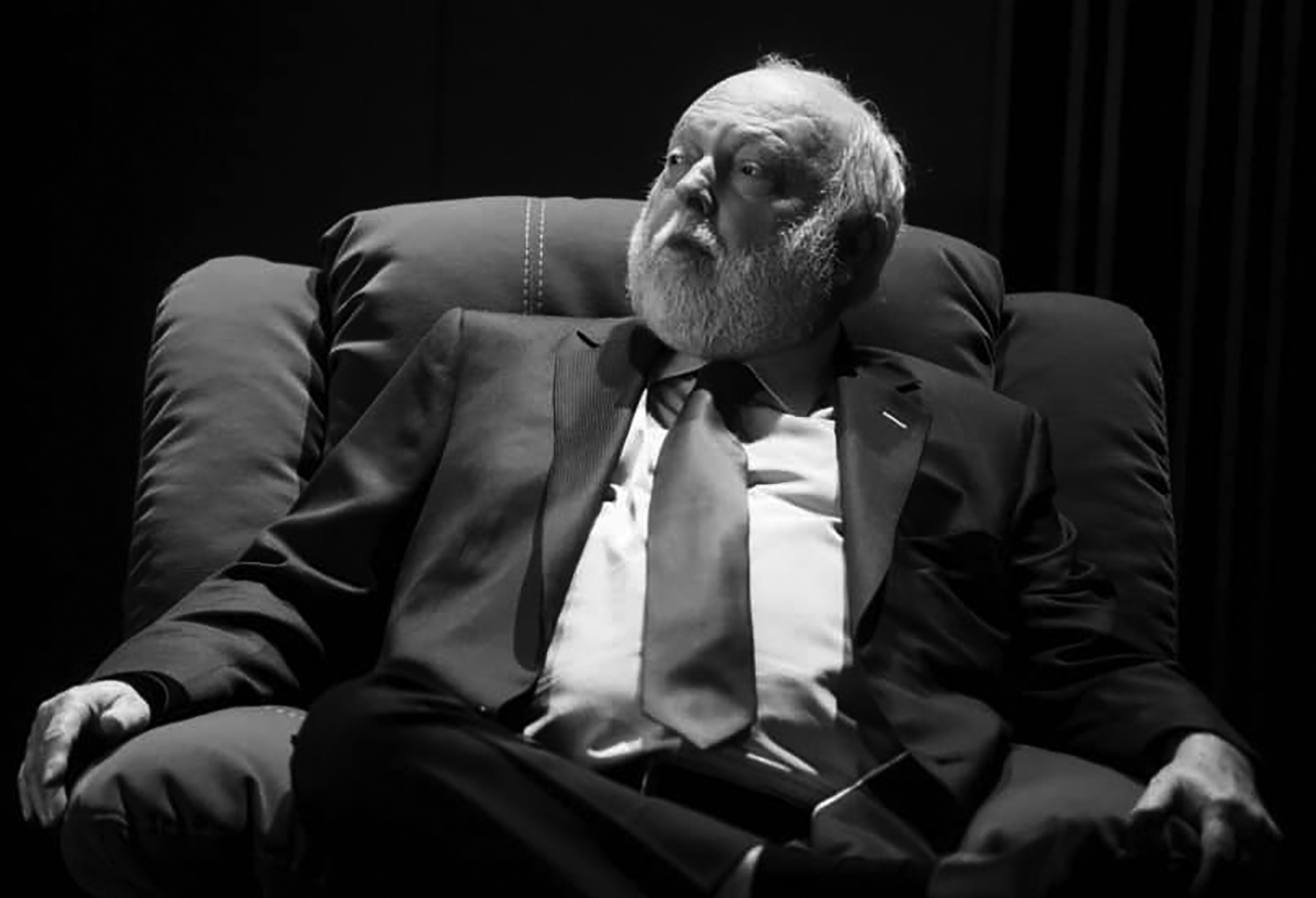
Newest Comments
Andrew Hernandez on Scott Adkins, Marko Zaror, Daniel Bernhardt, Shaina West merge in the Final Trailer for Dave Bautista’s ‘Killer’s Game’I don’t think 12 year olds would appreciate the nuances throughout the film,…
Ska Martes on Scott Adkins, Marko Zaror, Daniel Bernhardt, Shaina West merge in the Final Trailer for Dave Bautista’s ‘Killer’s Game’While the action is pretty funny this is not a good movie. Sofia Boutella see…
Ska Martes on Tai me up! 88 Films 4K UHD release for Jet Li, Michelle Yeoh and Yuen Woo-ping’s ‘Tai Chi Master’ arriving in OctoberThe picture quality on this , especially the 4K, is really really good. For a…
Andrew Hernandez on I, The Executioner | aka Veteran 2 (2024) ReviewIt sounds like this will be more up my alley than the first film. I didn’t wa…
Ska Martes on The Shadow Boxing | Blu-ray (88 Films)Why do people need to defend companies that are run for profit but under deli…
Killer Meteor on The Shadow Boxing | Blu-ray (88 Films)Why do people always assume someone is lying instead of making a genuine erro…
Ska Martes on The Shadow Boxing | Blu-ray (88 Films)Whats the cut off point ? When old school kungfu transitioned from Mandarin t…
Killer Meteor on Medallion, The | aka Highbinders (2003) ReviewDear god, this film was wretched...
Killer Meteor on The Shadow Boxing | Blu-ray (88 Films)That's good, it's a Cantonese movie
Ska Martes on The Shadow Boxing | Blu-ray (88 Films)88 Films messed up this release - supposed to be Mandarin mono but on my disc…
Andrew Hernandez on Back to the shadows! New Trailer for Netflix’ ‘Shadow Strays’ from ‘Night Comes for Us’ filmmaker Timo TjahjantoNice looking full trailer. The plot seems a bit similar to The Night Comes Fo…
Phil Chan on Hong Kong’s Heaven’s Gate? Juno Mak’s long-delayed, over-budget thriller ‘Sons of the Neon Night’ to finally shine in 2025Hong Kong netizens have long joked about this being more urban legend rather…
wonders on They don’t monkey around do they? ‘Monkey King 4’ is comingis it cancelled? wish its not
Andrew Hernandez on Hong Kong’s Heaven’s Gate? Juno Mak’s long-delayed, over-budget thriller ‘Sons of the Neon Night’ to finally shine in 2025Criterion’s DVD and Blu Ray set is awesome. The film looks amazing and you ca…
JJ Bona on Hong Kong’s Heaven’s Gate? Juno Mak’s long-delayed, over-budget thriller ‘Sons of the Neon Night’ to finally shine in 2025What's the best version of Heaven's Gate available on the market?
Andrew Hernandez on Hong Kong’s Heaven’s Gate? Juno Mak’s long-delayed, over-budget thriller ‘Sons of the Neon Night’ to finally shine in 2025As Heaven’s Gate ended up being a good movie once the director’s cut was rele…
Killer Meteor on New Fist of Fury (1976) ReviewI still feel the film was building to her fighting Cheng Siu-siu until they r…
Andrew Hernandez on Corey Yuen, ‘Righting Wrongs’ and ‘The Transporter’ director and action choreographer, Dies at 73This is a great compilation. It’s interesting to read how he doesn’t gush ove…
JJ Bona on Village of Doom (1983) ReviewYou basically came full circle with why the director, of Nikkatsu studio’s st…
JJ Bona on New Fist of Fury (1976) ReviewThat's great to know, Killer Meteor. Thanks for the info. How dare they cut o…
Killer Meteor on New Fist of Fury (1976) ReviewAnd I finally saw the Cantonese version - which is cut by 37mins! What a mess…
Pang Yau on Corey Yuen, ‘Righting Wrongs’ and ‘The Transporter’ director and action choreographer, Dies at 73I wish he had done more interviews. This person's article combines the magazi…
Scott Robinson on Shout pumps out more gold! Blu-ray collection for ‘Golden Harvest Vol. 2: Shining Stars’ arriving in DecemberScrew criterion. too little too late!
Scott Robinson on Dread flying? ‘The Raid’ martial arts star Iko Uwais is Ashton Chen’s wingman for IQIYI thriller ‘Wings of Dread’Sounds like you're bought and paid for by the Anti-Tiger Chen movement.
Scott Robinson on John Wick makes a cameo in the New Trailer for Len Wiseman’s ‘Ballerina’ starring Ana de Armasnot sure who you are referring to, but i'm actually on your side brother. My…
-
Disclaimer: cityonfire.com does not own any of the photos contained in the blog. cityonfire.com was made merely to pay homage to these films, directors, talent, etc. and not for any profit or commercial reasons. No copyright infringement intended. The photos are copyrighted and courtesy by their respective owners.
cityonfire.com is a non-profit website for the private use and entertainment and/or parody purposes.
"Copyright Disclaimer, Under Section 107 of the Copyright Act 1976, allowance is made for "fair use" for purposes such as criticism, comment, news reporting, teaching, scholarship and research. Fair use is a use permitted by copyright statue that might otherwise be infringing. Non-profit, education or personal use tops the balance in favor of fair use."

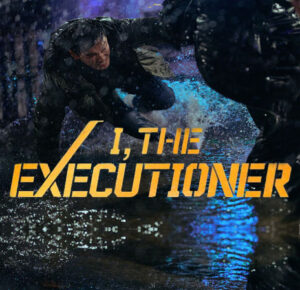


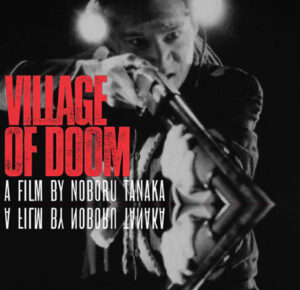

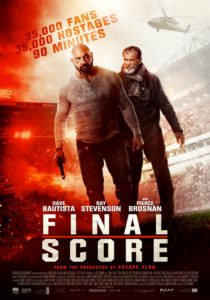

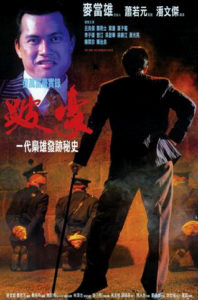
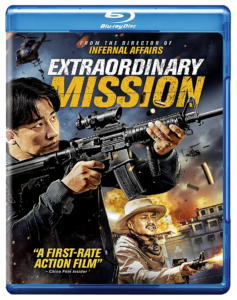
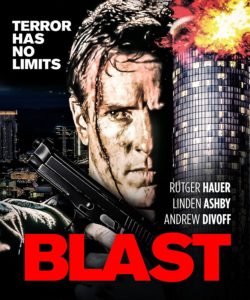
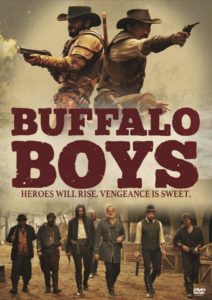
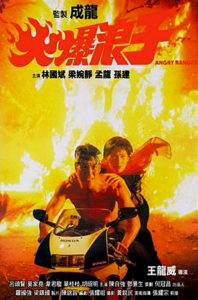
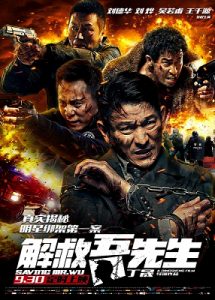
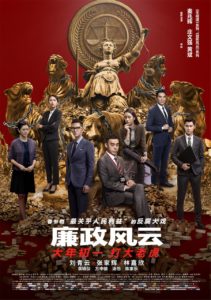

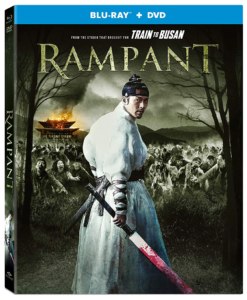
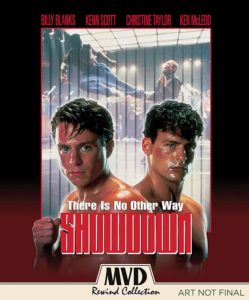
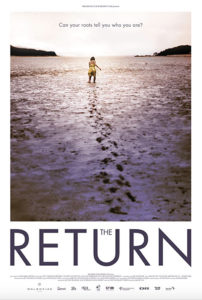
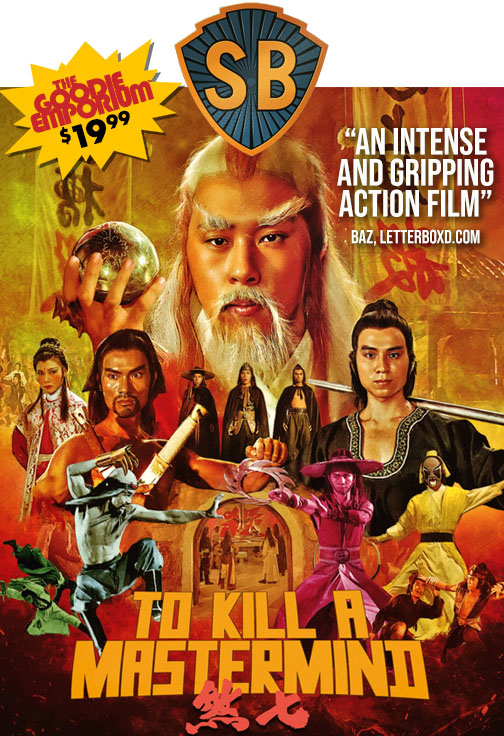



Be the 1st to Comment